Outdoor Tips
USE LESS WATER OUTDOORS
Updated: 5/2022
In Your Yard
[Download Brochure]
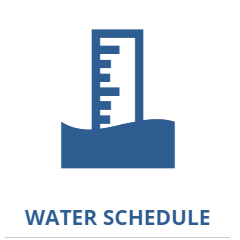 |
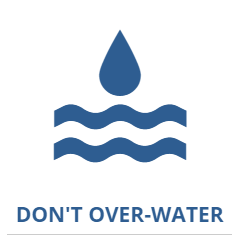 |
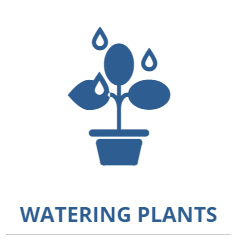 |
 |
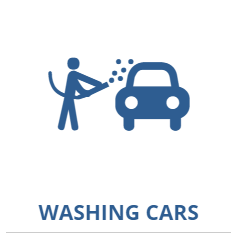 |
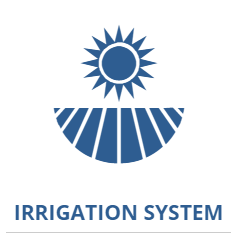 |
Follow WashingtonCounty’s wateringschedule guide,found here. |
Most of us give ourlawns more waterthan needed. Nexttime you turn on yoursprinklers, place anempty tuna can in theyard. Once the can isfull, you’ve given yourlawn all the water itneeds. |
When it’s windy, waitto water. Duringwindy weather, morewater evaporates andless gets to your grassor plants. |
Choose water smartplants that are suitedfor the ChihuahuanDesert. |
Use an automaticshut-off nozzle onyour hose to savehundreds of gallonsof water while youwash your car. |
Check your irrigationsystem for clogged,broken, or missingsprinkler heads. Ifyou’re not the do-ityourself type, go witha pro —look for anirrigationprofessional.Consider a WaterSense®Smart Irrigation Controller. |
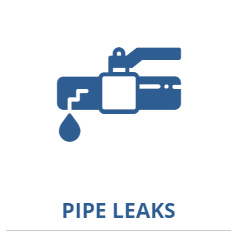 |
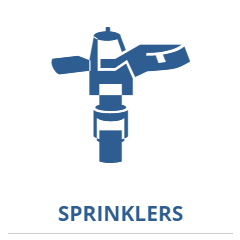 |
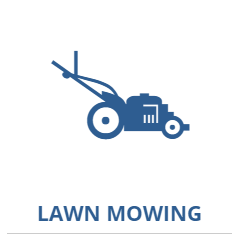 |
 |
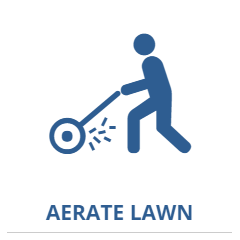 |
 |
Examine pointswhere the sprinklerheads connect topipes/hoses. If wateris pooling in yourlandscape or you havelarge wet areas, youcould have a leak inyour system. A leak assmall as the tip of aballpoint pen (1/32ndof an inch) can wasteabout 6,300 gallonsof water per month. |
Direct yoursprinklers to applywater only to yourlawn or prized plants.Make sure you arenot watering thedriveway, house, orsidewalk.
|
Adjust your lawnmower to the heightof 1.5 to 2 inches.Taller grass shadesroots and holds soilmoisture better thanshort grass.
|
Leave lawn clippingsto decompose on yourgrass. Clippingsprovide nutrients,help cool the groundand retain moisture.
|
Aerate your lawnperiodically toimprove air flow andcompaction. Holesevery six inches willallow water to reachthe roots, rather thanrun off the surface.
|
Let your lawn godormant (brown)during the winter.Dormant grass onlyneeds to be wateredevery three to fourweeks, less if it rains.
|
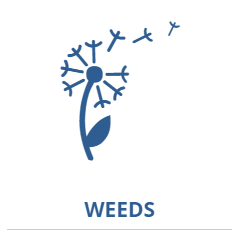 |
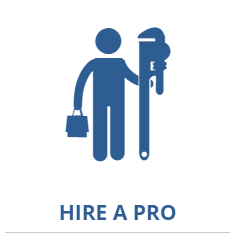 |
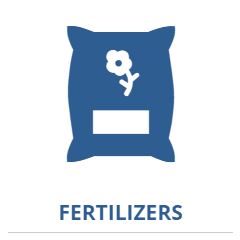 |
|
|
|
Remember to weedyour lawn and gardenregularly so thatweeds don’t competewith other plants fornutrients and water. |
Hire a qualifiedprofessional to installyour irrigationsystem and keep itworking properly andefficiently. A licensedirrigator is the wayto go! |
Use fertilizerssparingly. While theypromote plantgrowth, they alsoincrease waterconsumption. |
|
|
|
Pool
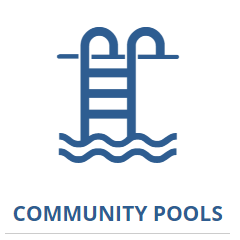 |
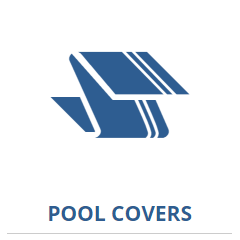 |
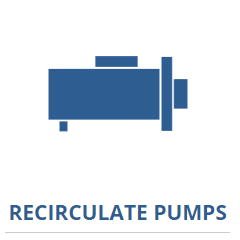 |
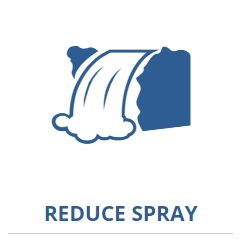 |
 |
 |
Instead of building aprivate pool, join acommunity pool. |
Use a pool cover tohelp keep your poolclean, reducechemical use andprevent water lossthrough evaporation. |
Make sure yourswimming pool,fountain and/or pondis equipped withrecirculating pumps. |
Minimize oreliminate the use ofwaterfalls and spraysin your pool. Aerationincreasesevaporation. |
|
|
General Outdoor Tips
 |
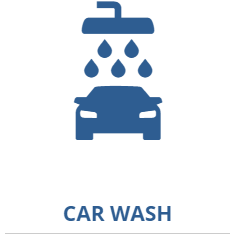 |
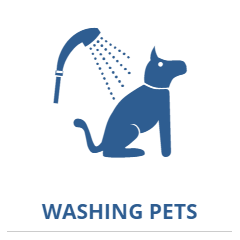 |
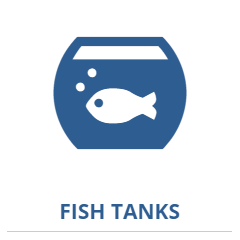 |
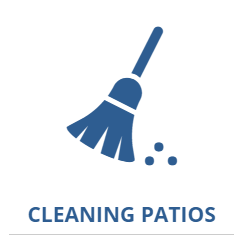 |
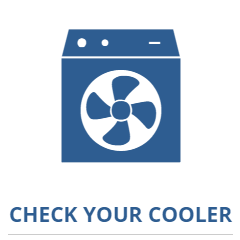 |
Winterize outdoorspigots whentemperatures dipbelow freezing toprevent pipes fromleaking or bursting. |
Use a commercial carwash that recycleswater. |
Wash your petsoutdoors, in an areaof your lawn thatneeds water. |
When cleaning outfish tanks, give thenutrient-rich water toyour non-edibleplants. |
Use a broom insteadof a hose to cleanpatios, sidewalks anddriveways. |
Evaporative coolersrequire annualseasonalmaintenance check. |
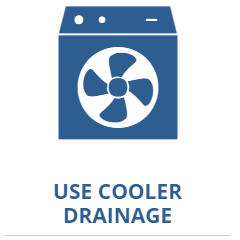 |
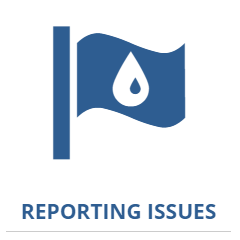 |
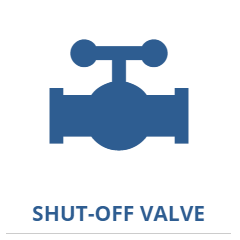 |
|||
If you have anevaporative cooler,direct the water drainto plants in yourlandscape. |
Report broken pipes,leaky hydrants, andwater waste toproperty owners or tothe LDWA. |
Know where yourmaster water shut-offvalve is located. If apipe bursts, thiscould save hundredsof gallons of waterand prevent propertydamage. |
|
|
|